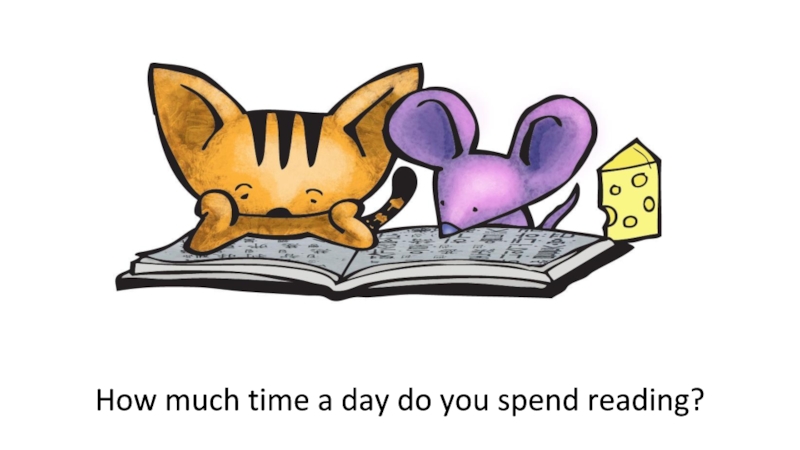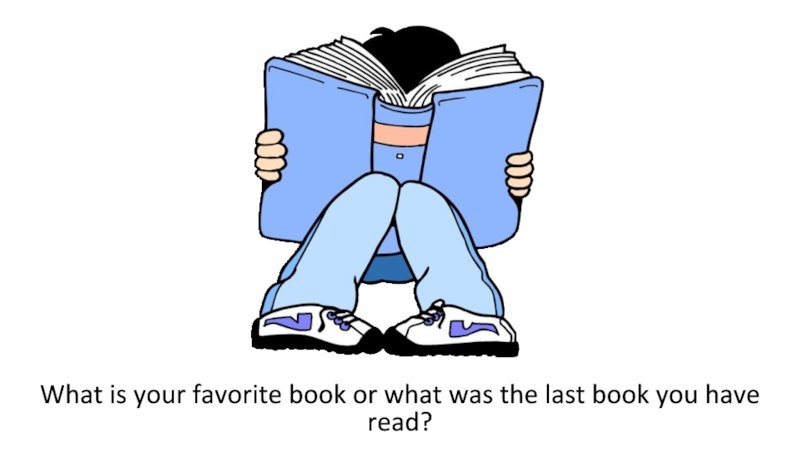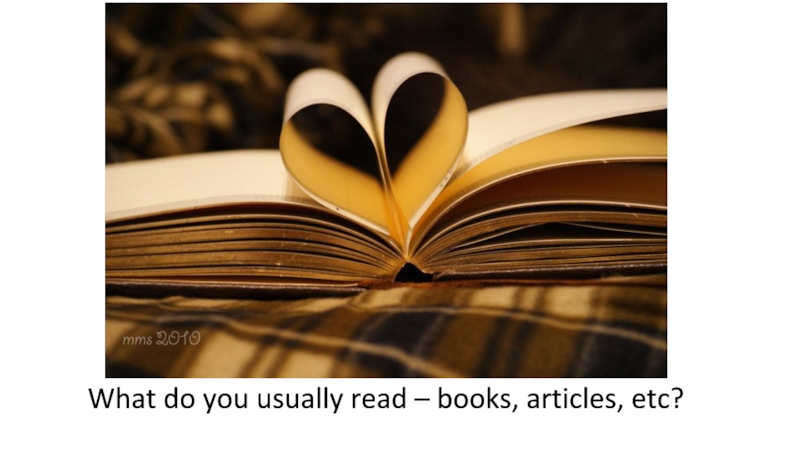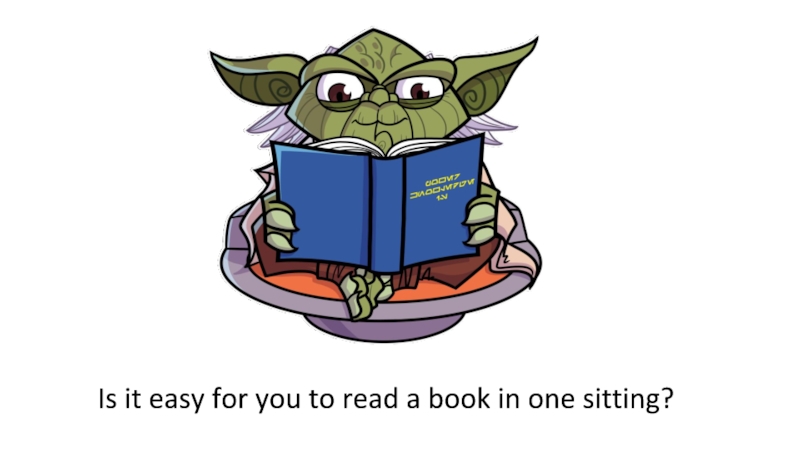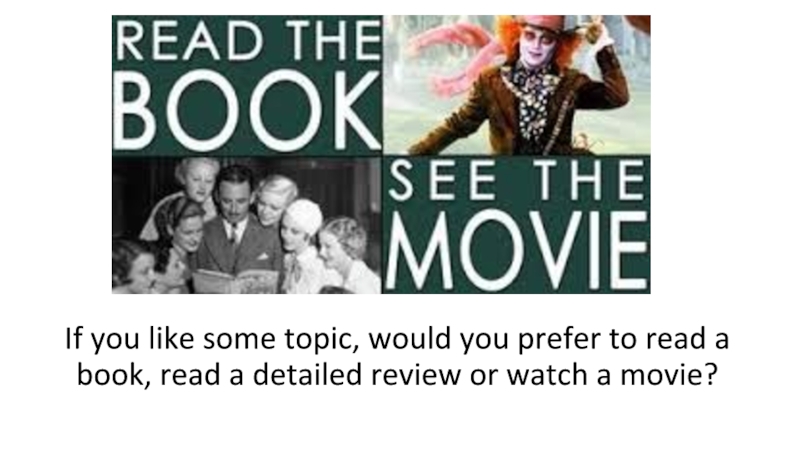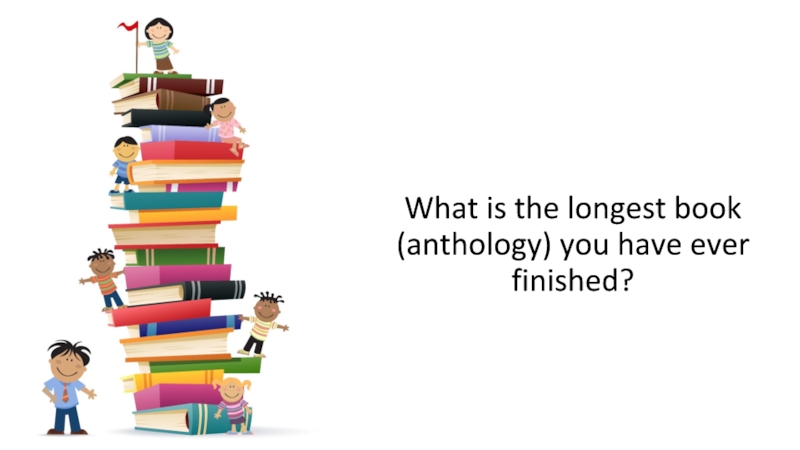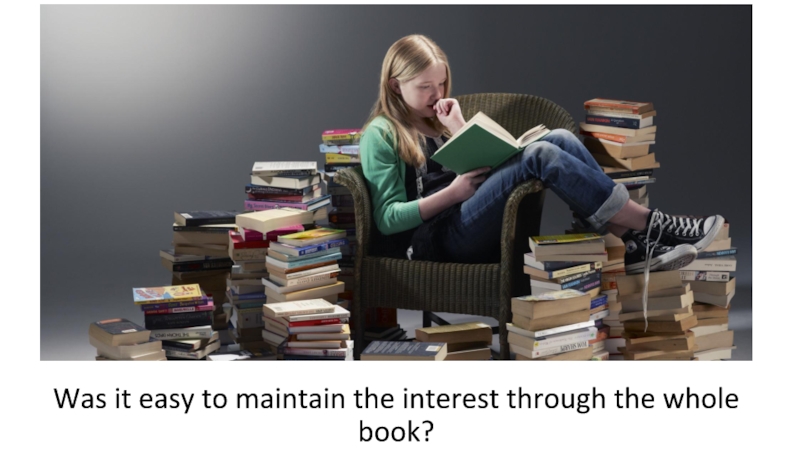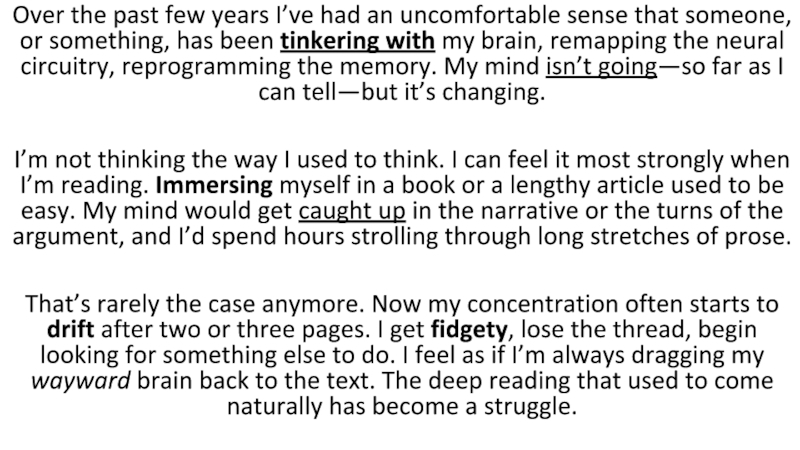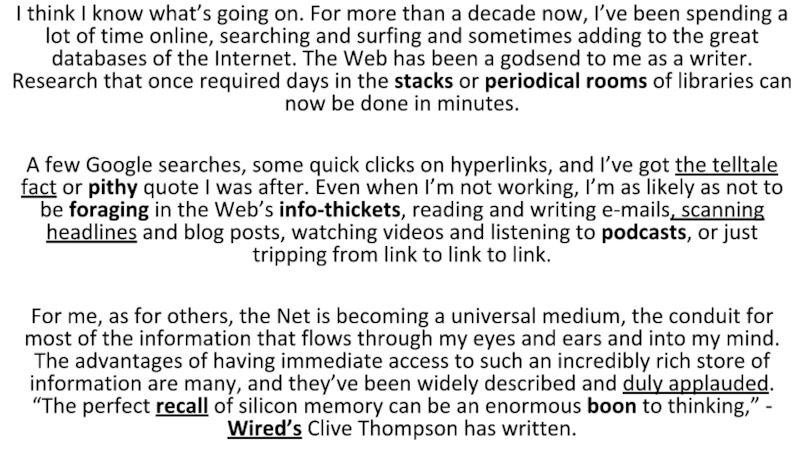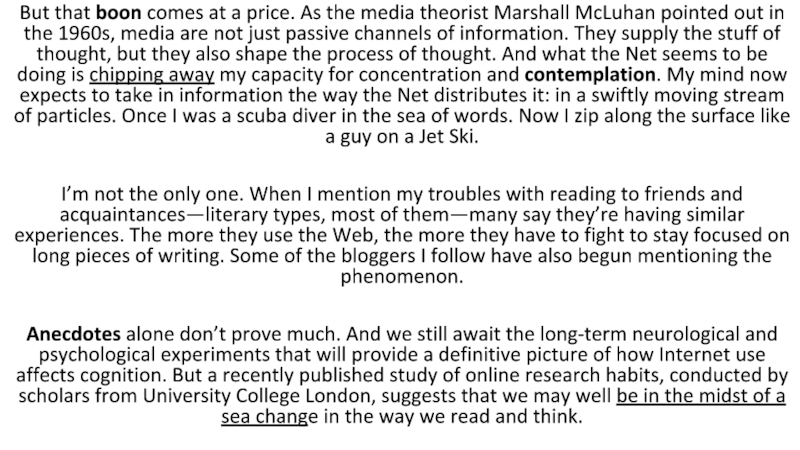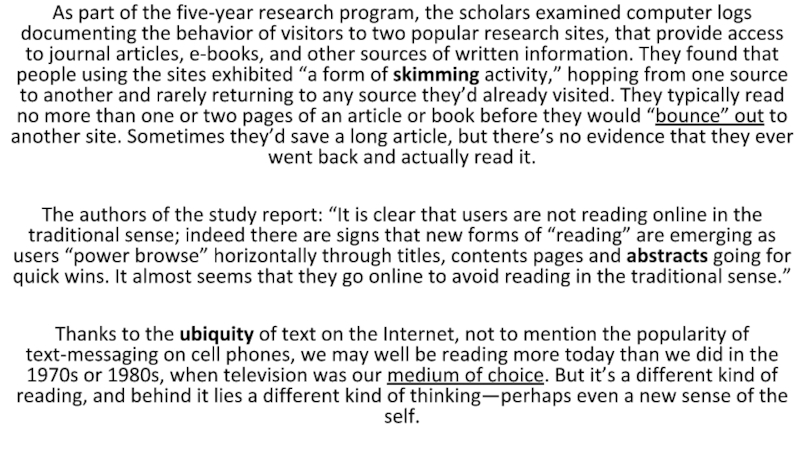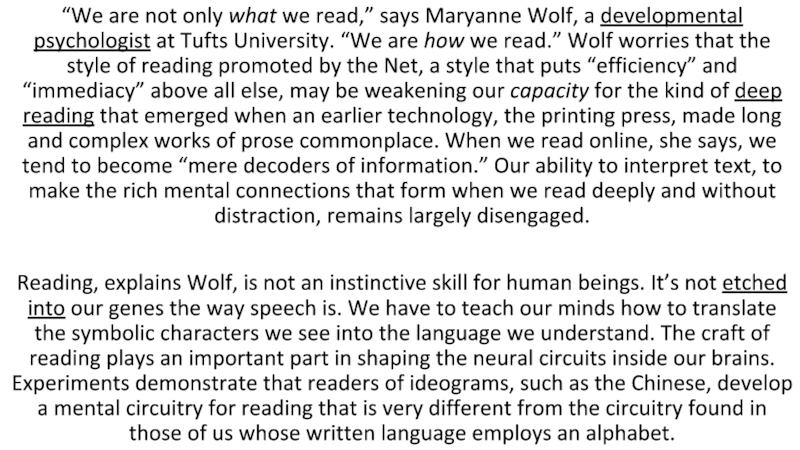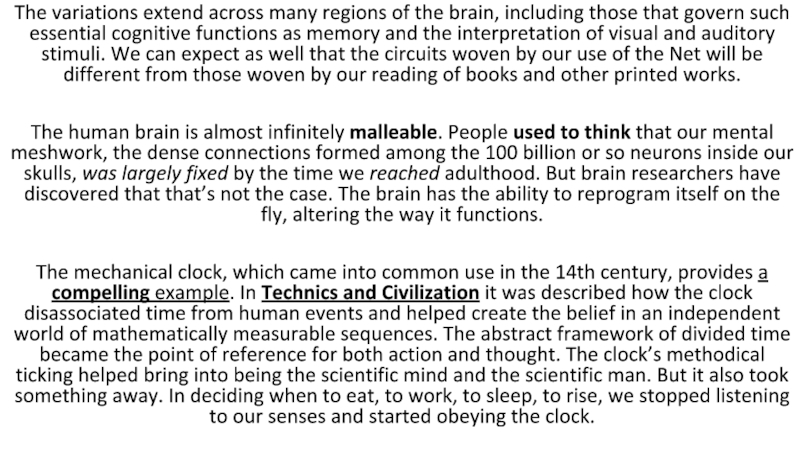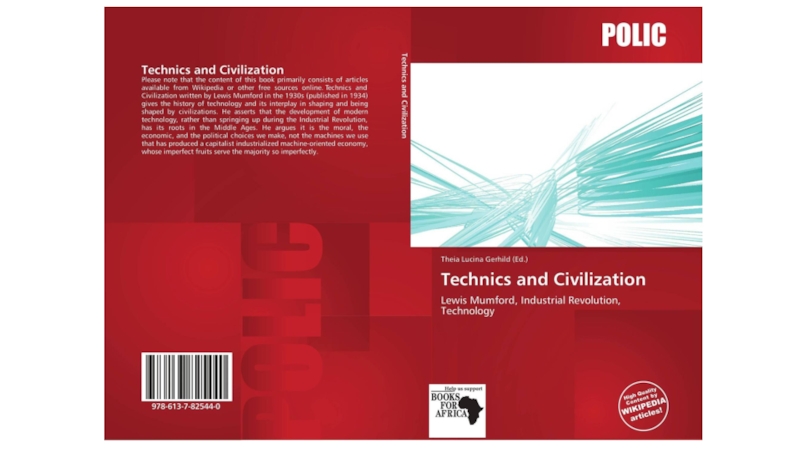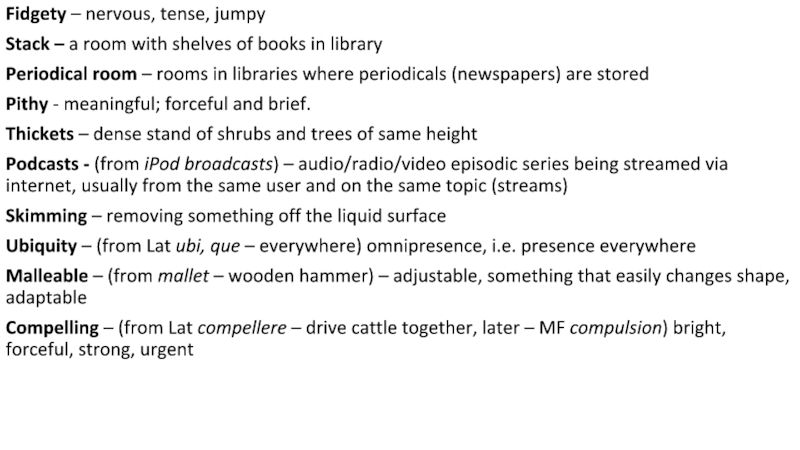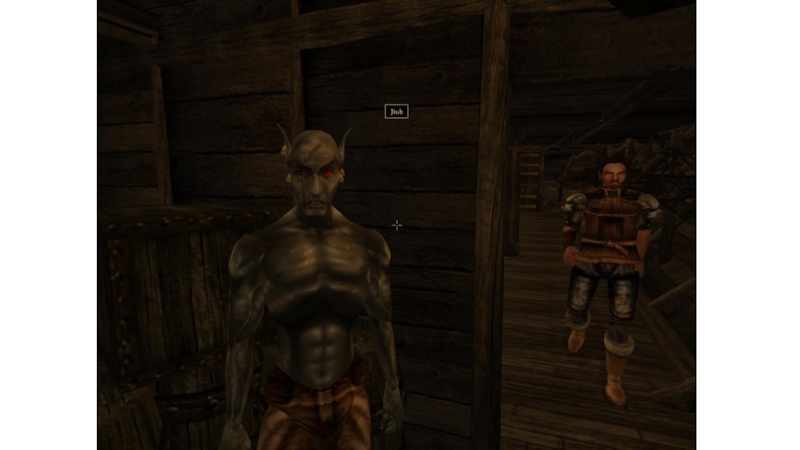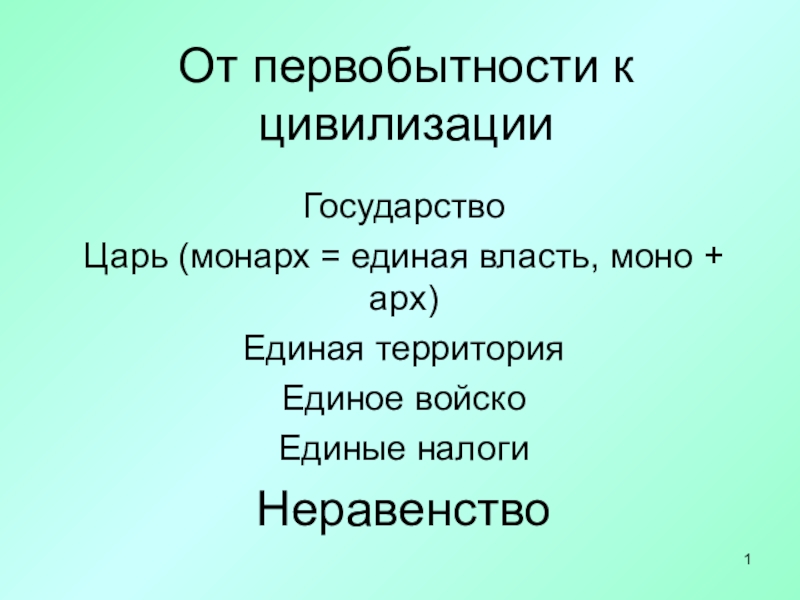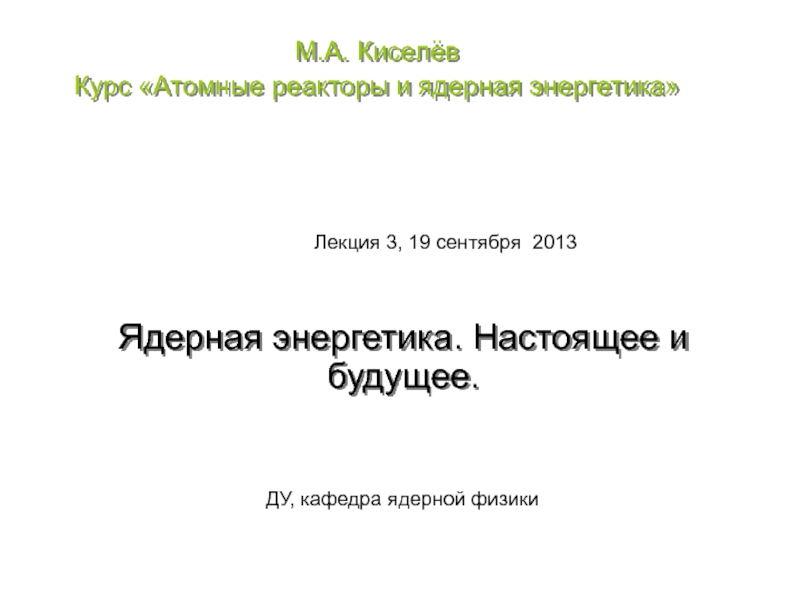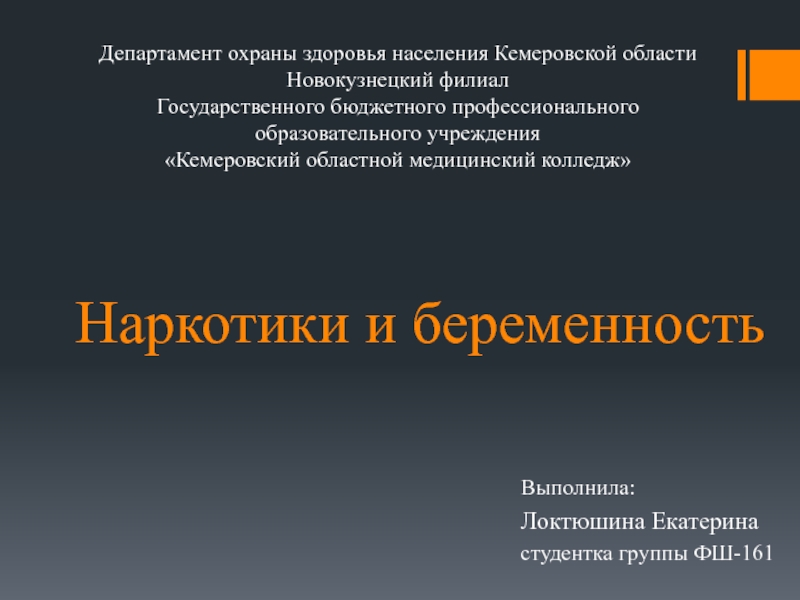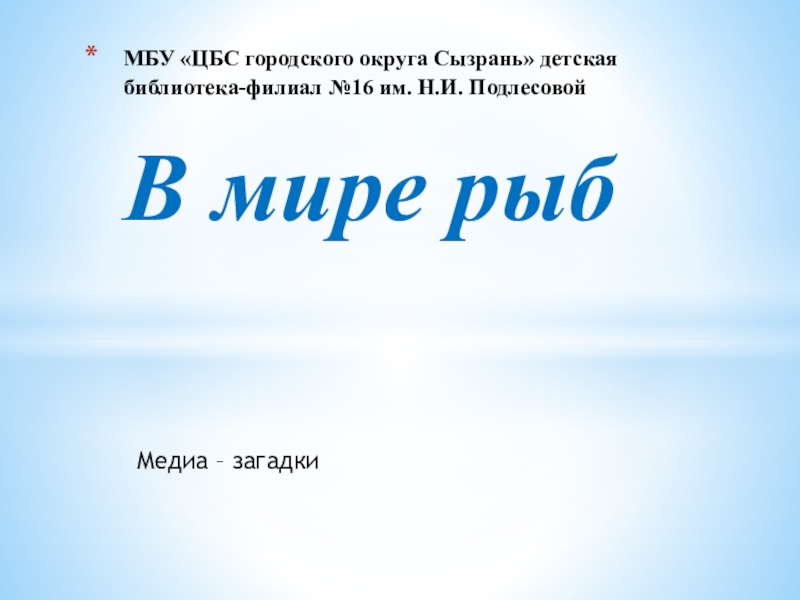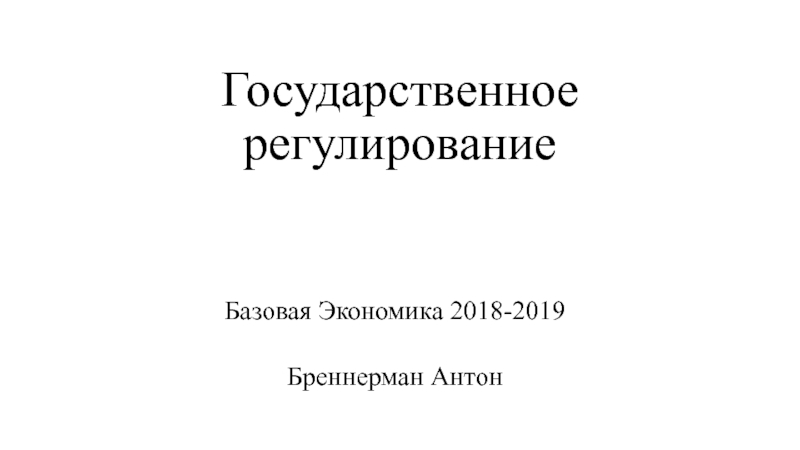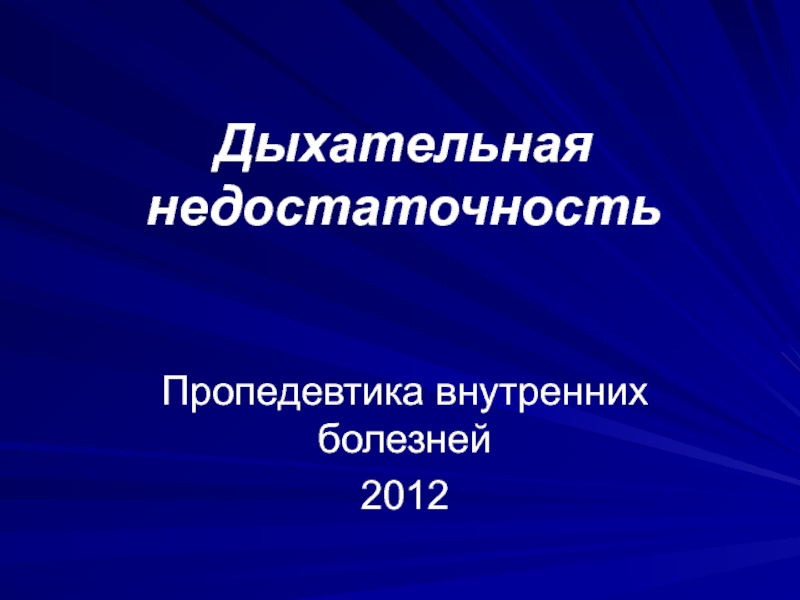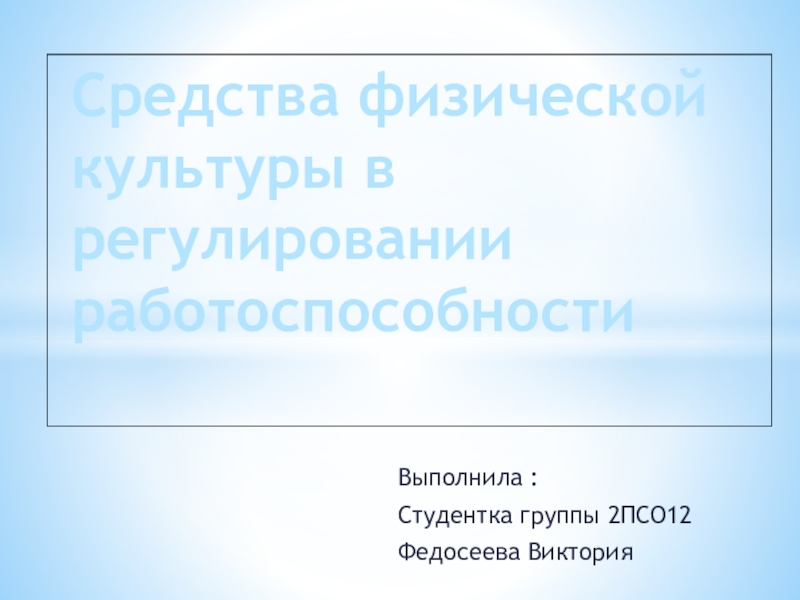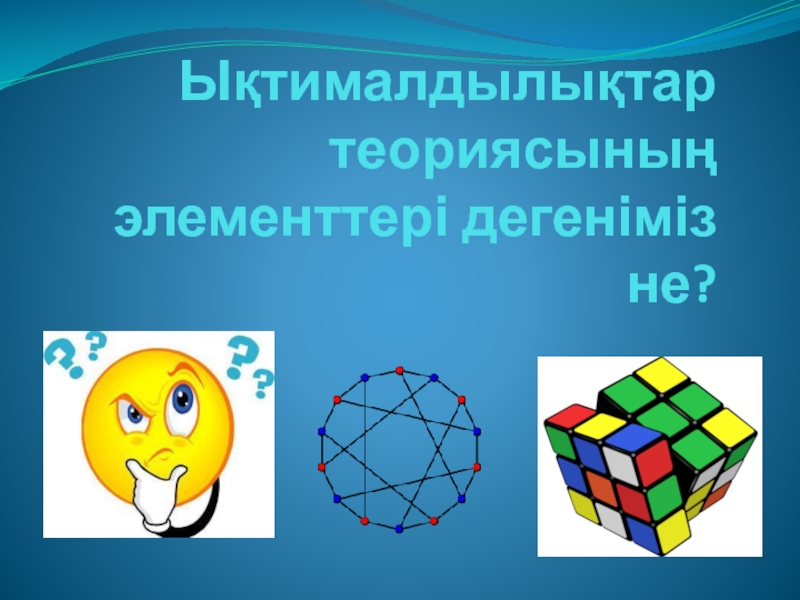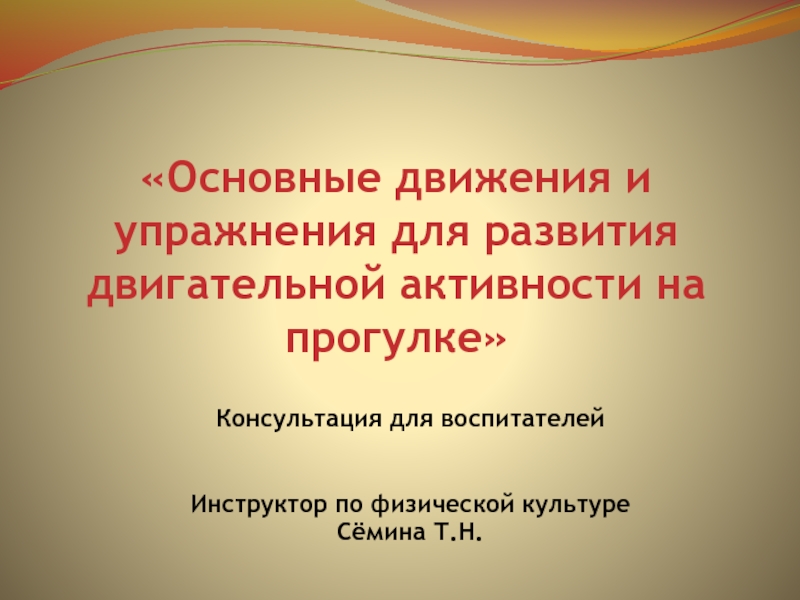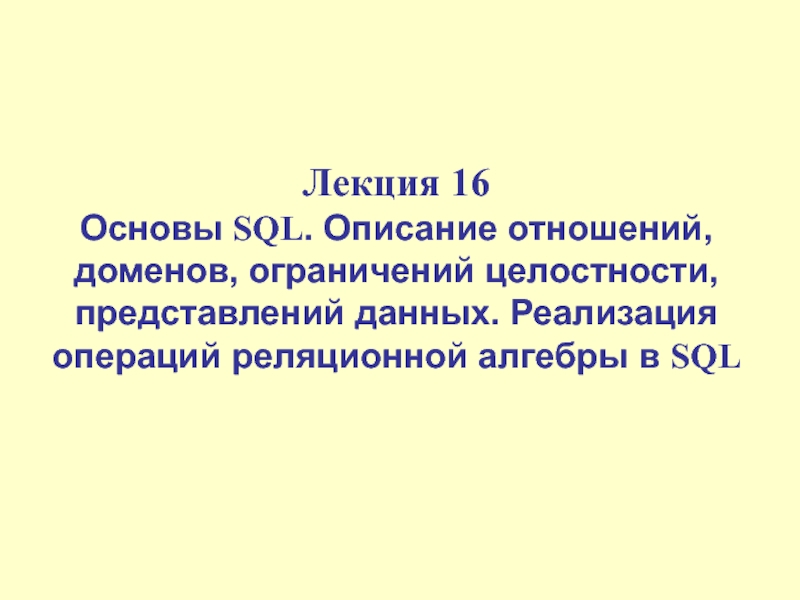Разделы презентаций
- Разное
- Английский язык
- Астрономия
- Алгебра
- Биология
- География
- Геометрия
- Детские презентации
- Информатика
- История
- Литература
- Математика
- Медицина
- Менеджмент
- Музыка
- МХК
- Немецкий язык
- ОБЖ
- Обществознание
- Окружающий мир
- Педагогика
- Русский язык
- Технология
- Физика
- Философия
- Химия
- Шаблоны, картинки для презентаций
- Экология
- Экономика
- Юриспруденция
How much time a day do you spend reading?
Содержание
- 1. How much time a day do you spend reading?
- 2. What is your favorite book or what was the last book you have read?
- 3. What do you usually read – books, articles, etc?
- 4. Is it easy for you to read a book in one sitting?
- 5. If you like some topic, would you
- 6. What is the longest book (anthology) you have ever finished?
- 7. Was it easy to maintain the interest through the whole book?
- 8. Over the past few years I’ve had
- 9. I think I know what’s going on.
- 10. Слайд 10
- 11. But that boon comes at a price.
- 12. As part of the five-year research program,
- 13. “We are not only what we read,”
- 14. The variations extend across many regions of
- 15. Слайд 15
- 16. Fidgety – nervous, tense, jumpy Stack –
- 17. Слайд 17
- 18. Слайд 18
- 19. Слайд 19
- 20. Слайд 20
- 21. Слайд 21
- 22. Слайд 22
- 23. Слайд 23
- 24. Слайд 24
- 25. Слайд 25
- 26. Слайд 26
- 27. Слайд 27
- 28. Слайд 28
- 29. Слайд 29
- 30. Слайд 30
- 31. Слайд 31
- 32. Слайд 32
- 33. Слайд 33
- 34. Слайд 34
- 35. Слайд 35
- 36. Слайд 36
- 37. Слайд 37
- 38. Слайд 38
- 39. Слайд 39
- 40. Слайд 40
- 41. Слайд 41
- 42. Слайд 42
- 43. Слайд 43
- 44. Слайд 44
- 45. Слайд 45
- 46. Слайд 46
- 47. Слайд 47
- 48. Слайд 48
- 49. Слайд 49
- 50. Скачать презентанцию
What is your favorite book or what was the last book you have read?
Слайды и текст этой презентации
Слайд 5If you like some topic, would you prefer to read
a book, read a detailed review or watch a movie?
Слайд 8Over the past few years I’ve had an uncomfortable sense
that someone, or something, has been tinkering with my brain,
remapping the neural circuitry, reprogramming the memory. My mind isn’t going—so far as I can tell—but it’s changing.I’m not thinking the way I used to think. I can feel it most strongly when I’m reading. Immersing myself in a book or a lengthy article used to be easy. My mind would get caught up in the narrative or the turns of the argument, and I’d spend hours strolling through long stretches of prose.
That’s rarely the case anymore. Now my concentration often starts to drift after two or three pages. I get fidgety, lose the thread, begin looking for something else to do. I feel as if I’m always dragging my wayward brain back to the text. The deep reading that used to come naturally has become a struggle.
Слайд 9I think I know what’s going on. For more than
a decade now, I’ve been spending a lot of time
online, searching and surfing and sometimes adding to the great databases of the Internet. The Web has been a godsend to me as a writer. Research that once required days in the stacks or periodical rooms of libraries can now be done in minutes.A few Google searches, some quick clicks on hyperlinks, and I’ve got the telltale fact or pithy quote I was after. Even when I’m not working, I’m as likely as not to be foraging in the Web’s info-thickets, reading and writing e-mails, scanning headlines and blog posts, watching videos and listening to podcasts, or just tripping from link to link to link.
For me, as for others, the Net is becoming a universal medium, the conduit for most of the information that flows through my eyes and ears and into my mind. The advantages of having immediate access to such an incredibly rich store of information are many, and they’ve been widely described and duly applauded. “The perfect recall of silicon memory can be an enormous boon to thinking,” - Wired’s Clive Thompson has written.
Слайд 11But that boon comes at a price. As the media
theorist Marshall McLuhan pointed out in the 1960s, media are
not just passive channels of information. They supply the stuff of thought, but they also shape the process of thought. And what the Net seems to be doing is chipping away my capacity for concentration and contemplation. My mind now expects to take in information the way the Net distributes it: in a swiftly moving stream of particles. Once I was a scuba diver in the sea of words. Now I zip along the surface like a guy on a Jet Ski.I’m not the only one. When I mention my troubles with reading to friends and acquaintances—literary types, most of them—many say they’re having similar experiences. The more they use the Web, the more they have to fight to stay focused on long pieces of writing. Some of the bloggers I follow have also begun mentioning the phenomenon.
Anecdotes alone don’t prove much. And we still await the long-term neurological and psychological experiments that will provide a definitive picture of how Internet use affects cognition. But a recently published study of online research habits, conducted by scholars from University College London, suggests that we may well be in the midst of a sea change in the way we read and think.
Слайд 12As part of the five-year research program, the scholars examined
computer logs documenting the behavior of visitors to two popular
research sites, that provide access to journal articles, e-books, and other sources of written information. They found that people using the sites exhibited “a form of skimming activity,” hopping from one source to another and rarely returning to any source they’d already visited. They typically read no more than one or two pages of an article or book before they would “bounce” out to another site. Sometimes they’d save a long article, but there’s no evidence that they ever went back and actually read it.The authors of the study report: “It is clear that users are not reading online in the traditional sense; indeed there are signs that new forms of “reading” are emerging as users “power browse” horizontally through titles, contents pages and abstracts going for quick wins. It almost seems that they go online to avoid reading in the traditional sense.”
Thanks to the ubiquity of text on the Internet, not to mention the popularity of text-messaging on cell phones, we may well be reading more today than we did in the 1970s or 1980s, when television was our medium of choice. But it’s a different kind of reading, and behind it lies a different kind of thinking—perhaps even a new sense of the self.
Слайд 13“We are not only what we read,” says Maryanne Wolf,
a developmental psychologist at Tufts University. “We are how we
read.” Wolf worries that the style of reading promoted by the Net, a style that puts “efficiency” and “immediacy” above all else, may be weakening our capacity for the kind of deep reading that emerged when an earlier technology, the printing press, made long and complex works of prose commonplace. When we read online, she says, we tend to become “mere decoders of information.” Our ability to interpret text, to make the rich mental connections that form when we read deeply and without distraction, remains largely disengaged.Reading, explains Wolf, is not an instinctive skill for human beings. It’s not etched into our genes the way speech is. We have to teach our minds how to translate the symbolic characters we see into the language we understand. The craft of reading plays an important part in shaping the neural circuits inside our brains. Experiments demonstrate that readers of ideograms, such as the Chinese, develop a mental circuitry for reading that is very different from the circuitry found in those of us whose written language employs an alphabet.
Слайд 14The variations extend across many regions of the brain, including
those that govern such essential cognitive functions as memory and
the interpretation of visual and auditory stimuli. We can expect as well that the circuits woven by our use of the Net will be different from those woven by our reading of books and other printed works.The human brain is almost infinitely malleable. People used to think that our mental meshwork, the dense connections formed among the 100 billion or so neurons inside our skulls, was largely fixed by the time we reached adulthood. But brain researchers have discovered that that’s not the case. The brain has the ability to reprogram itself on the fly, altering the way it functions.
The mechanical clock, which came into common use in the 14th century, provides a compelling example. In Technics and Civilization it was described how the clock disassociated time from human events and helped create the belief in an independent world of mathematically measurable sequences. The abstract framework of divided time became the point of reference for both action and thought. The clock’s methodical ticking helped bring into being the scientific mind and the scientific man. But it also took something away. In deciding when to eat, to work, to sleep, to rise, we stopped listening to our senses and started obeying the clock.
Слайд 16Fidgety – nervous, tense, jumpy
Stack – a room with
shelves of books in library
Periodical room – rooms in libraries
where periodicals (newspapers) are storedPithy - meaningful; forceful and brief.
Thickets – dense stand of shrubs and trees of same height
Podcasts - (from iPod broadcasts) – audio/radio/video episodic series being streamed via internet, usually from the same user and on the same topic (streams)
Skimming – removing something off the liquid surface
Ubiquity – (from Lat ubi, que – everywhere) omnipresence, i.e. presence everywhere
Malleable – (from mallet – wooden hammer) – adjustable, something that easily changes shape, adaptable
Compelling – (from Lat compellere – drive cattle together, later – MF compulsion) bright, forceful, strong, urgent
